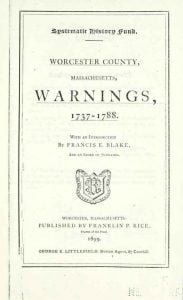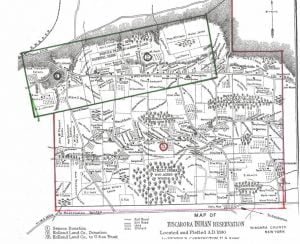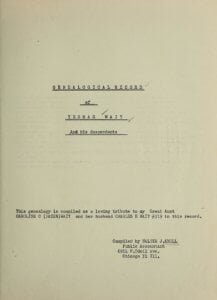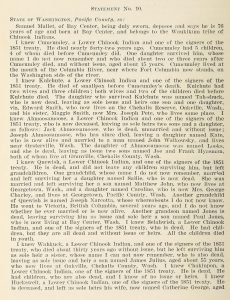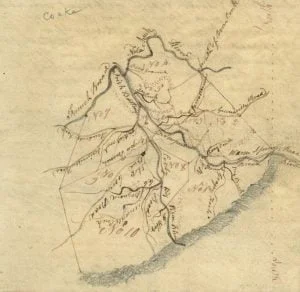Biography of Judge John F. Jack
Judge John F. Jack married Elizabeth, next to the youngest daughter of General William Cocke, previously mentioned, who was a Captain in the Revolutionary War, a companion of Daniel Boon from western North Carolina across the Alleghany mountains to the “wilderness of Kentucky,” a prominent actor in the establishment of the “Frankland Government,” one of the first Senators to Congress from the new State of Tennessee, and afterward, one of the Circuit Judges of that State. He served in the Legislatures of Virginia, North Carolina, Tennessee and Mississippi. At the advanced age of sixty-five years, he volunteered in the war … Read more

